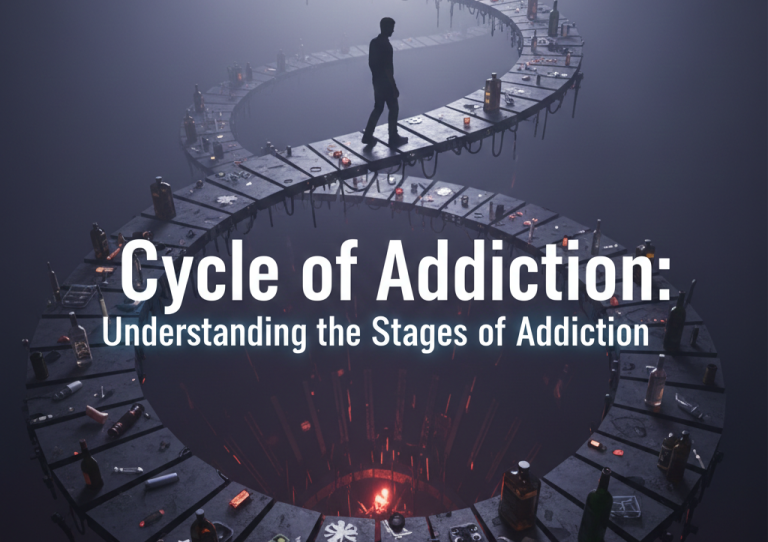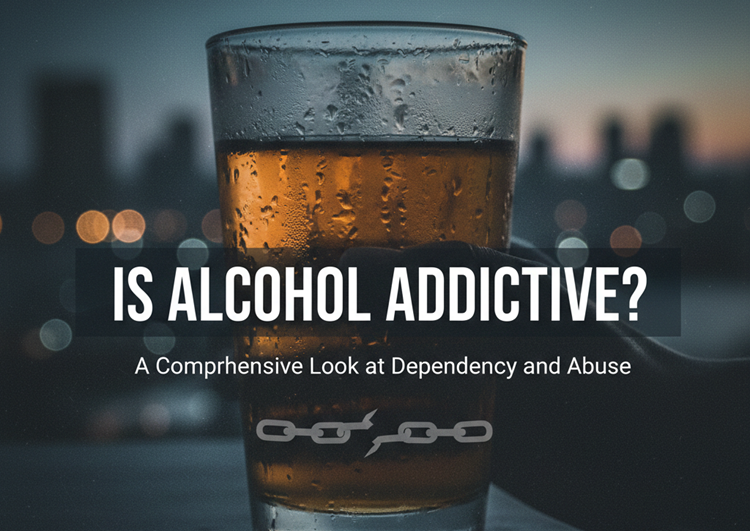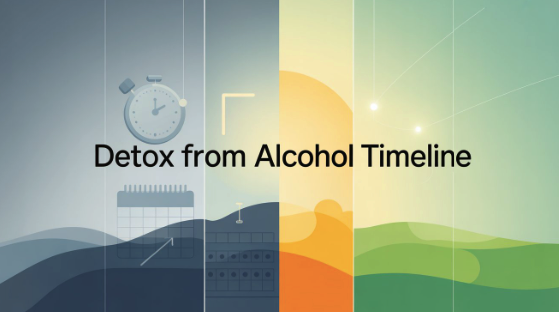When human beings consume alcohol, it is immediately processed by the body and sent out. What Enzyme Breaks Down Alcohol? The enzyme that is mostly responsible to break down alcohol is alcohol dehydrogenase (ADH) which is assisted by aldehyde dehydrogenase (ALDH). These enzymes play a key role in the breakdown of alcohol which the body can easily dispose of. In their absence, alcohol will stay longer in the system, which will cause greater and more harmful effects.
Knowledge on the mechanism of action of such enzymes also explains the painful feeling of flushing, nausea, or headache in some individuals following even minimal consumption of alcohol. This reaction is mostly associated with alcohol intolerance that we will discuss in more detail below.
What is alcohol intolerance?
Alcohol intolerance is a situation in which the body cannot metabolise alcohol appropriately. The body responds to the substance with nasty symptoms like flushing of the face, an upset stomach and increased heart rate, instead of breaking it down smoothly. It is not like one is a lightweight, it is a genetic or medical problem which influences the functioning of alcohol processing enzymes.
How common is alcohol intolerance?
The number of people who are alcohol intolerant is bigger than one might think. It is particularly common among the people of East Asian ancestry with the level of enzyme activity low in an estimated 30-50 percent of the population having a genetic variation that could lessen its activity. Nevertheless, alcohol intolerance can take place in any person, irrespective of the background.
Is alcohol intolerance the same as an alcohol allergy?
No, there is no equivalent between alcohol intolerance and an alcohol allergy. The reaction to alcohol or alcoholic drink ingredients (such as barley, wheat, or preservatives) and that of the immune system is called an allergy. On the contrary, intolerance is due to metabolism of the body on alcohol. Symptoms can be the same, yet the causes are not.
Is alcohol intolerance the same as being intoxicated?
Not at all. Intoxication is the state of a person who has consumed alcohol to the extent that he or she cannot exercise judgment, lacks coordination and reflexes. Alcohol intolerance, however, may cause unpleasant effects with minimal consumption. There is no intoxication requirement to have the reactions of intolerance.
What causes alcohol intolerance?
Deficiency or decreased activity of aldehyde dehydrogenase (ALDH2) is the main cause of the alcohol intolerance. This enzyme degrades acetaldehyde which is one of the harmful byproducts of alcohol metabolism. In case ALDH2 fails to perform its duties, acetaldehyde accumulates, causing flushing, nausea, and similar effects.
Other causes can include:
- Some drugs that inhibit enzyme action.
- Hodgkin lymphoma or carcinoid syndrome are some common examples of health conditions.
- Allergies to certain beverages (including sulfites, histamines, or grains).
100% Confidential Support is Available 24/7
No matter what you’re going through, you’re not alone. Our dedicated team is here to provide a safe, judgment-free space where you can talk openly and honestly. Whether you need emotional support, resources, or just someone to listen.
We’re here for you—completely confidential and always respectful of your privacy. Call us today!
What are symptoms of alcohol intolerance?
Common symptoms include:
- Facial flushing or redness
- Nausea or vomiting
- Rapid heartbeat
- Headache or migraine
- Nose stuffy or nose congested.
- Low blood pressure severe cases.
- Such symptoms normally occur soon after alcohol consumption.
How is alcohol intolerance diagnosed?
Alcohol intolerance is generally diagnosed by doctors basing on medical history and a review of the symptoms. In other instances they could prescribe blood tests or a monitored alcohol challenge test. Symptoms are similar to those of other conditions that is why professional evaluation is needed. Self-diagnosis is one of the risky ones as the similar symptoms can be related to allergies or other health problems.
Orlando Treatment Solutions
Battling with Drug and Alcohol Addition? Remember, you are not alone and we are here to help you!
Management and Treatment
Alcohol intolerance cannot be cured at present. Probably the best management plan is not drinking at all. Nevertheless, others might be able to gain out of:
- Using non alcoholic options.
- Label reading to prevent beverages that contain triggering substances.
- Collaborating with a health professional to advise.
- When alcohol intolerance symptoms start to appear abruptly, it is necessary to consult the doctor to exclude other factors.
Care at Orlando Treatment Solutions
In Orlando Treatment Solutions, we know that alcohol does not impact everyone in the same way. To others, intolerance can be an early symptom of greater alcohol use problems. Instead of struggling to control physical responses or struggling to handle alcohol dependency, our team offers evidence-based, compassionate care based on your needs.
Since detox and therapy to relapse prevention techniques, we assist clients to live better lives with no risks and pain alcohol causes. When alcohol is disrupting your well-being or life, you do not need to face it alone but rather we can help you work towards recovery.
Take the First Step Today
In case it is alcohol that makes your life unpleasant, difficult, or addictive, there is help. We, at Orlando Treatment Solutions, believe in custom-made care that takes into account physical and emotional facets of alcohol consumption. Be it alcohol intolerance or alcohol misuse, our caring staff is capable of showing you the path toward permanent recovery.
Call us at (321) 415-3213 now or reach online and begin your healing process.
Frequently Asked Questions
How do I know if I have ALDH2 deficiency?
You might have ALDH2 deficiency, in case you feel flushing, nauseous, or your headaches right after you consume small portions of alcohol. The condition can only be confirmed by genetic testing, but the symptoms usually give clues.
Which enzyme breaks down alcohol?
Alcohol is broken down by the main enzyme, alcohol dehydrogenase (ADH) with the assistance of aldehyde dehydrogenase (ALDH). These enzymes collaborate in metabolising alcohol to less harmful substances that the body can get rid of.
How do you increase ALDH2 enzyme?
At present, there is no established method to raise the ALDH2 enzyme activity. Because the condition is hereditary, treatment is directed at preventing alcohol and exposure to triggers. There are studies still going on in the field.
What helps metabolize alcohol faster?
Alcohol is metabolized by the liver at a rate that is constant and no fast remedy can accelerate the process. Being hydrated, resting and eating can alleviate symptoms, but it is only time that will make alcohol get out of the system.
Is there a supplement that helps metabolize alcohol?
Certain supplements purport to aid in alcohol metabolism, yet little scientific data exists to prove that. Limitation or avoidance of alcohol is the best method of preventing the symptoms associated with alcohol.



























